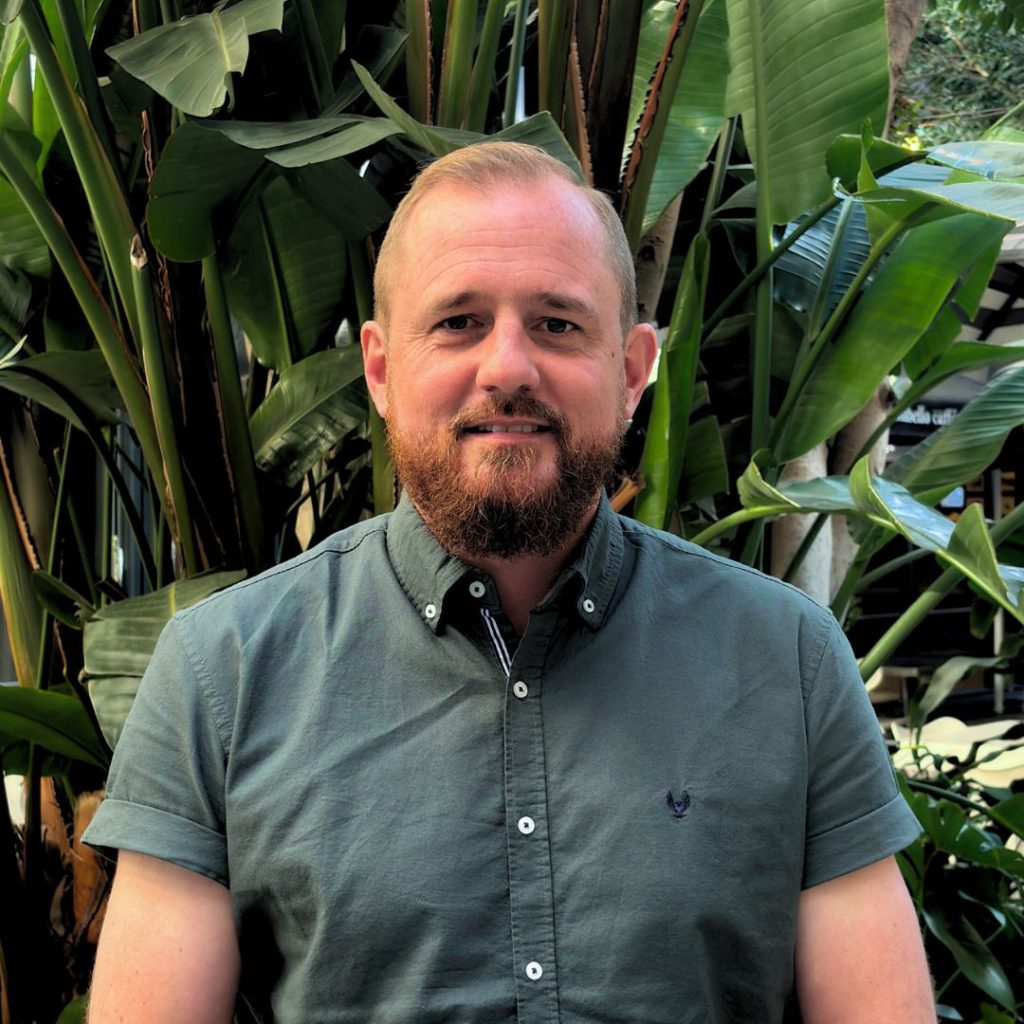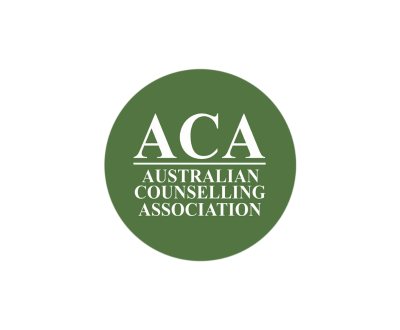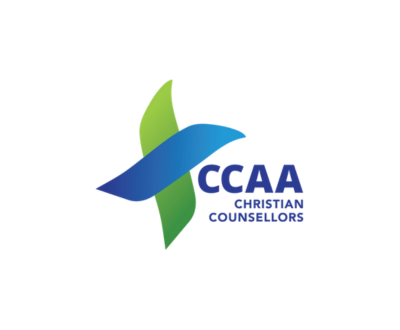Discover the foundations of faith and how it relates to one's worldview and purpose. Students will explore the Christian story from Scripture and express ideas of their own faith, examine how faith shapes views on the meaning and purpose of life, the value of humanity and ideas of human flourishing. Expand your perspective in this core subject and understand the significance of faith in all areas of life.
Understanding the psychology of emotion and wellbeing is crucial for enhancing personal and professional relationships. This core unit introduces the concepts of emotional development and the social and cultural factors that influence emotions. Students will learn to apply theoretical approaches to understand emotions and interact empathetically with clients. By developing these skills, students are better prepared to support emotional wellbeing in various contexts.
Enhance your ability to communicate effectively in professional people-helping settings. This subject will equip you with learning foundational interpersonal communication skills. Through practical exercises, you will develop your counselling micro-skills including conflict management responses, within a culturally sensitive framework. This unit is designed to meet PACFA and ACA training requirements.
Understanding human development throughout the lifespan is important for providing targeted support and interventions. This subject offers a comprehensive examination of the developmental stages from conception to death, integrating multicultural and critical perspectives. Students will explore major developmental milestones, reflect on personal growth, and develop strategies to assist others in navigating developmental life transitions.









